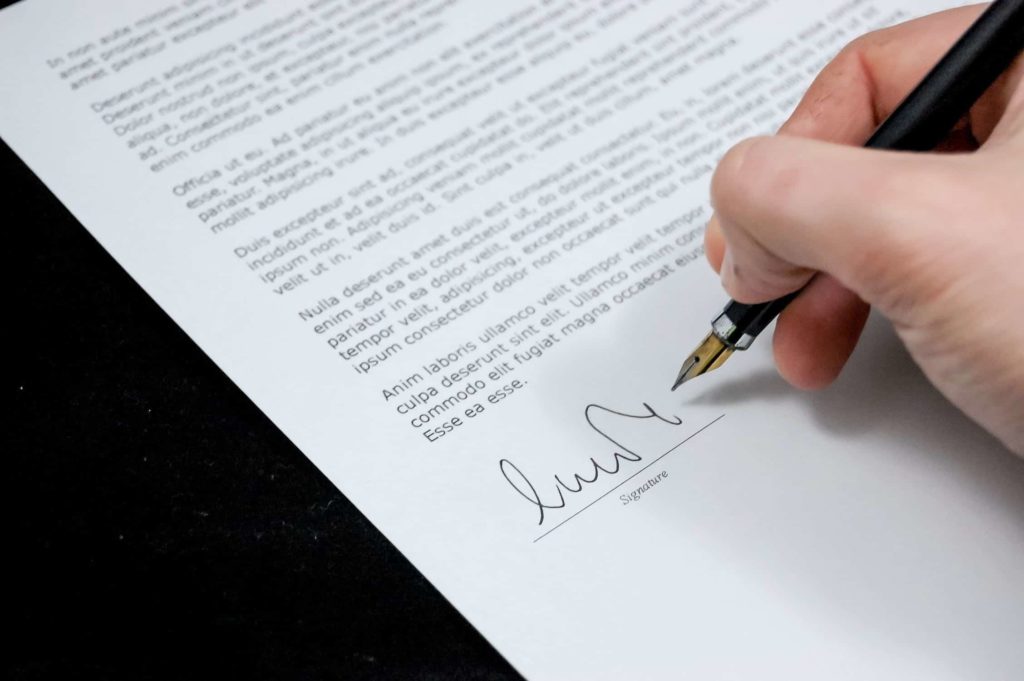If you’ve been appointed as executor of someone’s estate, you’re tasked with filing the will and opening a probate case when that individual passes away. But what happens if you do not probate a will? Perhaps you’ve changed your mind about serving as executor or you simply have other, more pressing priorities to manage. You might wonder if you can skip a lengthy probate process and settle the deceased’s estate on your own. Unfortunately, the answer is usually no.
What Happens If The Executor Doesn’t Probate the Will?
If the deceased had any assets or debts, the consequences of not probating a will can be fairly serious, both for the estate and for you personally. Probating a will is the only legal way to transfer the assets of someone who has died. Without probate, titled assets like homes and cars remain in the deceased’s name indefinitely. You won’t be able to sell them or keep registrations current because you won’t have access to the individual’s signature and consent. The estate will likely have ongoing expenses as a result, including property taxes, insurance premiums, and car registrations. Those bills will go unpaid unless you want to fund them personally.
You may also land in the crosshairs of creditors. Probate closes out the estate’s debts. Without it, creditors of the estate can continue to pursue payment.
Finally, if you know you’re supposed to probate the will and you fail to do it, you can be held personally liable for resulting expenses incurred by the estate and any financial impacts to the deceased’s heirs. There could even be jail time involved; it’s generally a crime to withhold a will from the courts for your own financial gain. For example, say your mother’s will expresses her desire to leave all of her assets to your third cousin. If the courts don’t know that because they haven’t seen the will, they’d probably award her assets to you as the next of kin. Deliberately withholding or destroying the will for the purposes of inheriting your mom’s money (against her wishes) would be a criminal violation.
Consequences of Not Probating a Will
So, to answer the question, what if the executor does not probate the will, here’s a summary of the consequences that can occur:
- The deceased’s assets will not be legally transferred to heirs.
- The estate may continue to incur expenses for those assets, such as property taxes and insurance premiums.
- Creditors can continue to pursue payment for the deceased’s debts.
- The executor or anyone in possession of the signed could be held personally liable for excess expenses incurred by the estate or its heirs.
- The executor or anyone in possession of the signed will could be criminally prosecuted if he or she didn’t file the will for personal gain.
Probate FAQs
By now, you’ve hopefully concluded that not probating a will is a bad option. If you have a date with probate court in your future, it’s probably time to get prepared for what lies ahead. Start with these six common questions related to probating a will:
1. Does a last will and testament need to be filed in court?
Yes, a last will and testament normally must be filed with the court. That applies whether or not the estate is going to probate. Probate may not be needed if the deceased had no assets or had already transferred all of his or her assets to a living trust. In that case, you’d still file the will and inform the probate court that there are no assets subject to probate.
Also, if you are in possession of a signed will, most states legally require you to file the will with the appropriate county court if you are the executor. If you are not the executor, you are usually required to provide the will to the executor — who then takes it to the courthouse. Each state defines its own filing deadline, but it typically ranges from 30 days to three months.
If you don’t have the will but you know who does, you can ask the court to compel that individual to file the will and begin the probate process.
2. How long after death do you have to file probate?
Although you have to file the will within months, the available window to initiate probate is much longer — up to four years, depending on the state.
3. What is the purpose of probate?
Probate settles the deceased’s estate by paying off creditors and transferring assets. If the estate is not settled and closed out, the deceased will continue to own property and incur expenses which ultimately will not get paid.
4. How does probate work?
Probate begins when someone files a petition with the courts to open a probate case. If there is a will, the court’s first action is to accept the will and appoint the executor of the estate — who is usually specified in the will. If there is no will, the court will appoint an administrator. Probate hearings are then scheduled, and heirs and beneficiaries are notified.
Probate hearings give interested parties the opportunity to contest the will, the executor appointment, or both. The court will attempt to establish the will’s validity, often by asking the will’s witnesses to testify or sign a statement that the will in the court’s possession is the same one they witnessed being signed. If the court finds the will to be invalid, the deceased’s assets pass to heirs according to the laws of intestacy. Intestacy laws define the flow of property to surviving relatives. For example, states commonly award a deceased’s assets first to a surviving spouse. If there is no spouse, then the property goes to children and grandchildren. If there are no children, the assets go to parents, siblings, etc.
Creditors are then notified and given a window of time, as defined by state law, to make a claim against the estate. The court must also inventory and appraise the deceased’s probate property, which might include cars, homes, or bank accounts with no stated beneficiary.
Note that assets with a stated beneficiary, like life insurance proceeds, brokerage accounts, 401(k) and IRAs, and property held in a living trust, don’t go through probate. These transfer ownership directly and without court involvement.
Under the court’s guidance, the executor will then pay off outstanding debts and file the deceased’s final tax returns. If assets need to be sold to pay those bills, the executor or administrator will manage those transactions. Once debts are paid, the executor petitions the court to distribute the assets, as defined by the will or by the laws of intestacy if there is no will.
5. What happens in probate court?
Most of the work done by an executor or administrator during probate is done outside the courthouse. Probate actions that occur in front of a judge can be fairly tedious and routine. In the initial hearing, for example, the judge might sign an Order for Probate, appoint the executor or administrator as personal representative of the estate, and then request a bond on that personal representative. The bond protects the beneficiaries against negligent acts.
If all goes well, the next court appearance will be several months later, after the personal representative has tidied up the estate’s loose ends. The judge will review the open items and verify that creditors have been paid and taxes have been filed. If everything has been addressed, the judge will issue an order that allows the executor to distribute the assets to the heirs.
6. Can an estate be settled without probate?
Yes, an estate can be settled without probate. Most states allow smaller estates to skip probate and directly transfer certain assets to heirs and relatives. In California, for example, estates valued at less than $166,250 may not have to go through probate. In Missouri, the estate value limit is $40,000.
Only assets that are subject to probate count towards this limit. The estate of a rich uncle who transferred all of his belongings into a living trust, for example, may not require probate. Or, if your mom held all of her wealth in financial accounts with you listed as the beneficiary, that estate may not require probate either. Those assets would transfer to you directly, outside of the probate process.
If You’re Unsure, Open a Probate Case
Probate is a lengthy and detailed process, particularly for the executor. Unfortunately, probate is also tough to avoid in many scenarios. If you aren’t sure whether probate is required, file the will and petition for probate anyway — without delay. That protects you from claims of negligence and prevents the estate from incurring unnecessary expenses. And, assuming you are a beneficiary, it’s in your best financial interest to get the estate settled sooner rather than later.






